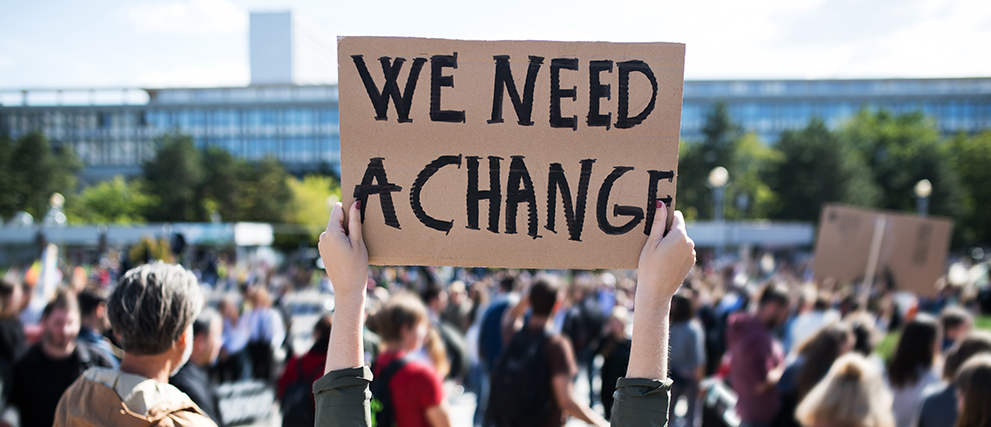
The election was never going to fix what’s wrong with 2020
Mercifully, 2020 will soon be over.
Given the way this year has been a nonstop exhibition of cultural, social and political crises, it’s tempting to think that maybe after the election things will begin to calm down.
It’s a nice thought… but it’s one that is largely divorced from reality.
The truth is, from the coronavirus to the social unrest we’ve seen in 2020, the partisan political divide in this country has intensified the impact these events have had on our lives. With the exception of the invasion of “murder hornets” (what ever happened to that?) virtually every crisis of 2020 was either a politically manufactured event, or dramatically intensified by deeply partisan views on how to handle it.
Which probably explains why, as the year wore on, politics seemed increasingly important—as if having the “right” person in office would somehow demonstrate a definitive answer to how, exactly, we should handle the challenges before us.
The size, scope and brute power afforded to government means the stakes of winning or losing an election have become dramatically more important than in years past. However, that’s precisely why the non-stop political crisis mode we’ve seen in 2020 is nowhere close to being over—regardless of which politicians claim victory this month.
Winning an election, after all, is not a “final” victory in a democratic republic. There has yet to be a major political contest that resulted in one of the main ideological factions throwing up their hands in defeat while declaring “fine… we’ll do it your way.”
The political power granted to the victors of this year’s elections will do little other than generate even more outrage from the losers. The partisan bickering that has consumed the nation—and by extension, our lives—in 2020 will not relent with the announcement of election results. It will intensify. And, given how much of our daily lives are impacted by the partisan whims of the politicians in power, the chaos this will bring to bear on how we are allowed to operate in our social, cultural and economic lives will similarly intensify.
Just as Governor Sisolak’s ill-advised shutdown orders were symptoms of a dangerously undemocratic (and indefinite) set of emergency powers that gives the governor a one-man-rule over the entire economy, the chaos of 2020 has largely been the result of ever-increasing government control over how we live our daily lives.
The foundational political issues that have led to the absurd levels of government overreach, obsessive politicization, and the deeply partisan disagreements we’ve seen in the last year aren’t going away simply because campaign season has (mercifully) come to a close.
And that’s because politics are, and will continue to be, a form of theater where the those vying for power try to convince the audience that it’s always “us vs them”—the “them,” of course, being their political opponents.
Reality is much different. In truth, it’s the small business owner vs the Governor’s team of “experts” deciding what businesses are essential and which are not. It’s the taxpayer vs the spend-happy politicians (in both parties) who are convinced they can spend our money better than we could ourselves. It’s parents and students vs the monopoly education establishment that would rather trap kids in a decidedly harmful and inadequate classroom environment than allow families the freedom to find classrooms that actually work for their needs.
In other words, it’s actually “us” vs the systematic and structural institutions that allow those with political ambitions to control how we live our lives.
Unfortunately, the partisan political divide that consumes most news coverage, policy debates and social media interactions obfuscates the greater wedge that’s responsible for most of the challenges we face as a society: That is, the chasm between those with political power and those without.
Until there is a widespread understanding that it’s the power of government itself—not merely which self-righteous political tribe happens to wield it—causing most of our social and economic woes, the results of an election will merely indicate which team will spend the next four years outraged, and which will spend them arrogantly overreaching.
Meanwhile, the foundational problems of 2020—the growing inequity between those with political clout and those without—will stay with us as we head into the next year.
The return of the Murder Hornets, thankfully, is less certain.
This article was originally published at Nevada Business Magazine